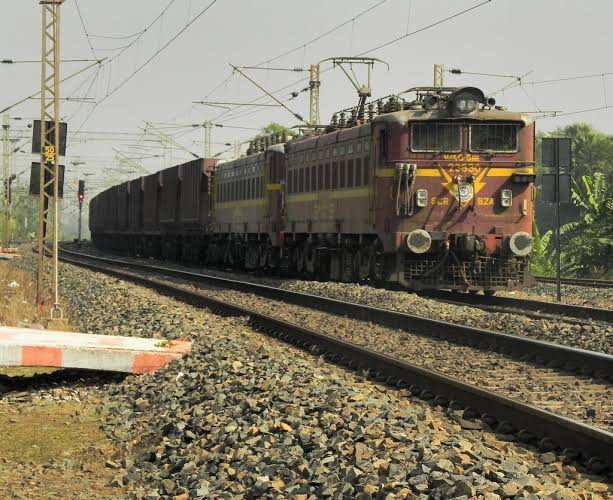New Delhi (NVI): Indian Railways is implementing radio-frequency tags (RFID) for tracking wagons, coaches and locomotives to improve service levels and operating efficiency.
The RFID project has been taken up with an aims to automatically and accurately track and trace rolling stock as they move across the country with a special focus on improving their safety and reliability.
The Indian Railways has decided to fit all rolling stock; roughly 3,50,000 vehicles are expected to be tagged by 2021.
Till now, approximately 22,000 wagons and 1200 coaches have been fitted with RFID tags.
Additionally, roughly 3,500 fixed RFID readers are expected to come up which shall communicate to a central control center using GS1’s LLRP (low level reader protocol) standard.
For implementing this project over Indian Railways Centre for Railway Information Systems (CRIS, the IT arm of the Indian Railways), GS1 India and the Indian Industry have come together.
To implement this project two works for RFID project have been sanctioned by Railway Board for a total of Rs 112.96 crore.
This project is being spearheaded by the Rolling Stock Department of the Indian Railways.
GS1 India is also deeply involved in ensuring the quality of the work and proper adoption of international standards.
CRIS has been utilising the considerable expertise of GS1 in developing and validating solutions, based on GS1 Standards, for the Indian Railways.
This will create a new segment in the AIDC (Automatic Identification and Data Collection) industry in India uniquely suited for the Indian Railways requirements.
In order that RFID tags can be used in all locations in the country including those with poor connectivity, Indian Railways opted to use the GIAI-202 standard.
Indian Railways has successfully field tested these CRIS designed GIAI202 encoded tags at a speed of 182.7 kmph. This feat puts the Indian Railways in the league of leaders with respect to AIDC technology in the railways sector.








